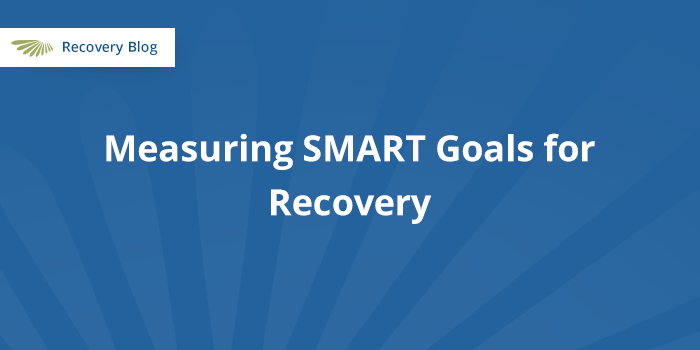Opioid Addiction: New SAMHSA Interactive Recovery Tool
When you’re suffering from a substance use disorder, making the decision to get help is often...

SMART goals are Specific, Measurable, Attainable, Realistic and Timely. They’re easy to set and easy to track, but many people still fail to meet their goals because they fail to track them.
When you’ve set your SMART Goals, immediately start tracking your progress. It’s been said that what gets measured gets done. A goal on its own is not sufficient; it has to be backed by some form of evaluation.
Evaluation is a clear reminder to assess whether your current actions are contributing towards your overall goal. Tracking your goals plays an important role in optimizing your performance. It not only measures progress, but also monitors habits, provides the platform to adjust behaviors and identifies achievements and failures.
The priority here is to focus on quantifiable factors that are clearly linked to the drivers of success in your business and your sector.
To help you get started we have created SMART Goal tracking templates.
When you’re suffering from a substance use disorder, making the decision to get help is often...
Cancer is terrifying. It’s indiscriminate and will present itself in the young and old, rich and...
Throughout the course of an alcohol recovery journey, there will be situations that challenge even...